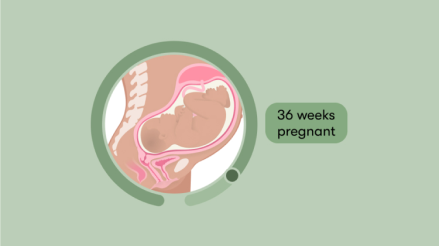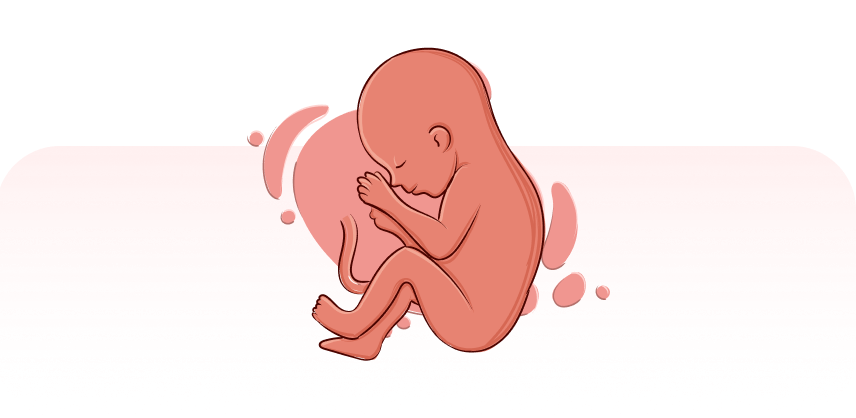You may also like…
Mother's body and baby's developments in 23 to 26 weeks
At 23 weeks…
In week 23 the baby is 20 cm tall and 540 g heavy and can be compared to the size of a papaya. The babies are now covered in their lanugo and this gets darker in color and might be seen on an ultrasound scan. The lungs have started to produce surfactant and this will help the lungs mature and help the baby breather once its born.
The baby starts to practice breathing but is still getting oxygen from the placenta. The babies can react to light, sound and pain since their brain and nervous system is developing rapidly. The pancreas has started to produce insulin and their vision and heartbeat is upto work!
At week 24…
In week 24, the baby is around 25 cm tall and weighs around 0.6 to 0.7 kg, about the size of a corn cob. The already developed taste buds are becoming more fine and the nervous system is specializing too. Their eyes are responding to light and they hear external environment sounds. Their lungs are rapidly developing and while they are growing branches they are producing a substance that enables the lungs to expand when the baby breathes. Babies born at week 24 are called “preterm” babies and have a 1 in 2 chance of survival if they get adequate, specialized intensive unit care in a neonatal unit.
At week 25…
At 25 weeks the baby starts gaining weight rapidly and they weigh around 0.7 kg with their heart beating around 140 beats per minute. This is the week in which your baby will open its eyes for the first time, with their developing senses, they have heightened sense of reactions. Their brain, lungs, digestive system are developing still. The lungs are immature and haven’t fully formed and your baby would have about an 80% chance of survival in intensive care if they are to be born at this point but they would still need additional help breathing for quite some time.
At week 26…
In week 26, the baby is 23 cm tall and weighs around 820 g. Baby’s start to put a lot of fat and muscle from this point on and due to this, they start looking like a newborn baby. They respond better to the world around them. They suck, see, hear and taste and might move as a reaction to you running a hand over your belly. In boys, the testicles have fully descended. The lungs aren’t fully developed but they will continue to grow. It is important to know that a baby born at this stage would have an 80% chance of surviving in an intensive neonatal setting but they would still need help breathing for some time.








